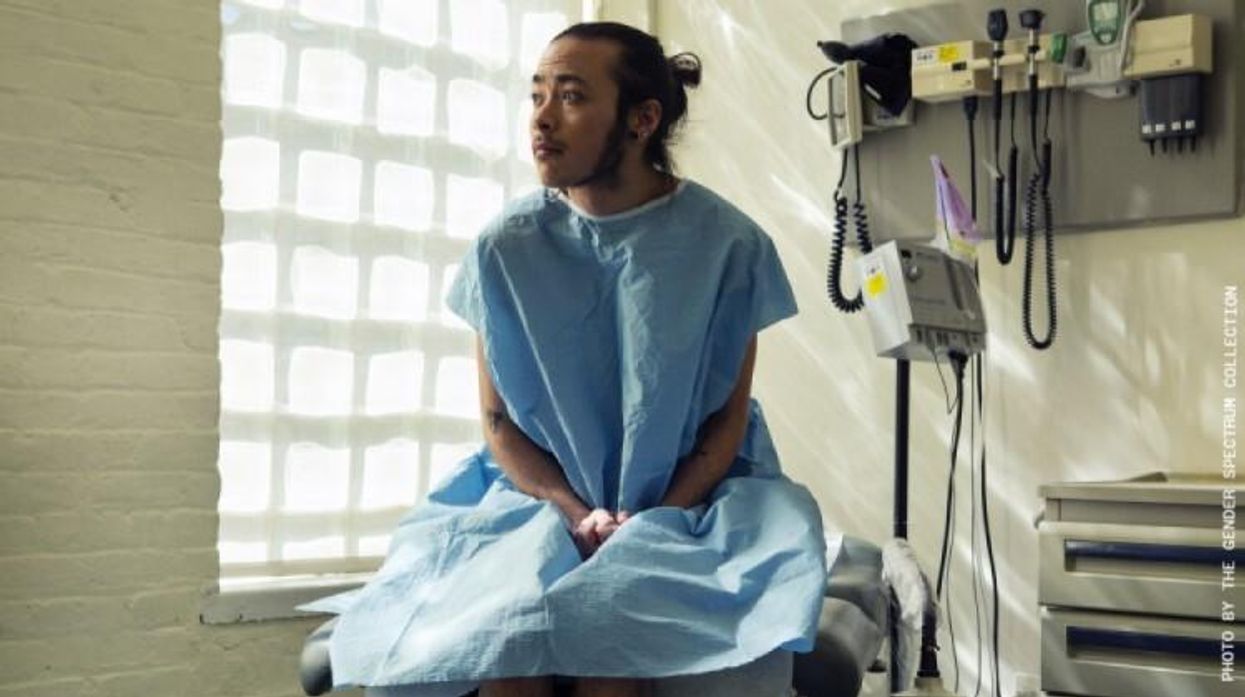The Florida House of Representatives passed a bill that bans trans student athletes from playing in the sport of the gender and legalizes genital inspections when someone has determined an athelete's gender is in question. The House's "Fairness in Women's Sports Act" limits sports at most educational facilities to biological sex, permits genital inspections of transgender female student athletes when a challenge is filed, and provides protections for schools and students who follow the proposed law and legal recourse for those who feel wronged when the law is violated. The Republican-dominated lower chamber of the House passed HB 1475 on a 77 to 40 vote, which will now be reconciled with a similar Senate version of the legislation. Critics decried the legislation as discriminatory, and called out Republicans who claimed recent election victories in the state gave them a mandate to discriminate.
"I find it interesting that we want to resolve claims about human rights by referring to the outcomes of elections," Florida State Representative Omari Hardy said in a fiery speech on the house floor.
The bill decrees that participation in team sports at nearly all educational facilities in the state be "designated on the basis of students' biological sex" rather than gender. Teams would be limited to men's, women's, and coed or mixed.
Genital inspections for trans women and girls are specifically approved in the bill to resolve some disputes regarding the biological sex of a student-athlete. The bill provides three means of determining the eligibility of a challenged student-athlete. The first is a physical inspection of the "reproductive anatomy," the second a test of the "genetic makeup," and the third providing proof of the "normal endogenously produced testosterone levels."
The proposed legislation provides legal cover to institutions who choose to follow the law, and provides legal recourse in civil court to students who feel they have been "deprived of an athletic opportunity" or suffered "direct or indirect harm" from violations of the proposed law. Students will also be able to sue in civil court if they feel they have been retaliated against for reporting possible violations of the law.
The bill's text states its intent is to "maintain opportunities for female athletes to demonstrate their skill, strength, and athletic abilities while also providing them with opportunities to obtain recognition and accolades, college scholarships, and the numerous other long term benefits that result from success in athletic endeavors and to promote sex equality by requiring the designation of separate sex-specific athletic teams or sports." The bill does not account for those who would use the legislation as a scare tactic, brandishing it not only against trans atheletes, but also cis athletes.
Passage of the transphobic bill passage could threaten national collegiate sports in the state. The NCAA recently released a statement saying they "continue to closely monitor" states considering legislation targeting trans students, and warned that passage of any such bills could result in pulling NCAA championship events from their states.
"When determining where championships are held, NCAA policy directs that only locations where hosts can commit to providing an environment that is safe, healthy and free of discrimination should be selected," the statement read.
RELATED | 10-Year-Old Trans Girl Schools Texas Lawmakers Over Anti-Trans Bills






























